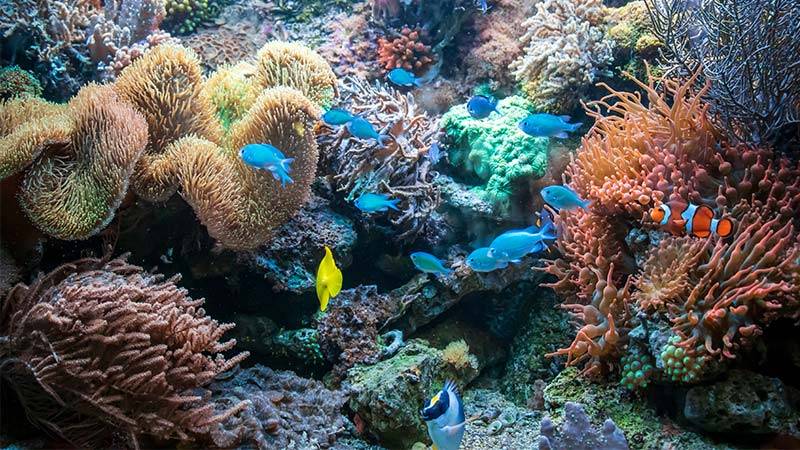In a remarkable display of environmental stewardship, scuba divers like Reginald Beckford are at the forefront of protecting the world’s third-largest barrier reef in the Turks and Caicos Islands from the devastating stony coral tissue loss disease (SCTLD). Beckford, a former night watchman turned scuba diving instructor, is part of a passionate team committed to preserving the reef’s splendor, which is vital to both marine life and local livelihoods. The SCTLD, first identified off Florida’s coast, has now spread to 28 Caribbean nations, posing a severe threat to over 30 coral species.
The TC Reef Fund, a volunteer-driven NGO, spearheads the battle against SCTLD in collaboration with the government. Their primary method involves applying an antibiotic paste to infected corals, effectively slowing the disease’s spread. Although this treatment does not prevent re-infection, it allows the corals to survive long enough to reproduce, providing a crucial lifeline.
The fight against SCTLD has inspired various individuals to switch careers and join the cause. Arenthia Baker, a former teacher from Florida, became a certified fish data scientist and divemaster. Now a volunteer for the Reef Fund, Baker finds deep fulfillment in her conservation work. Despite facing challenges like coral bleaching exacerbated by warm seas, Baker remains optimistic about overcoming SCTLD.
The British territory’s resplendent coastline has attracted tourists for decades. But the disease’s rapid contagion has seen every stretch of the archipelago’s reef impacted to some degree, heightening fears for both the marine environment and the livelihoods of those who rely on it.
Significant progress has been made, with researchers at the Smithsonian’s National Museum of Natural History developing the first effective bacterial probiotic for treating SCTLD. According to the BBC, this breakthrough offers hope, especially as current treatments risk promoting antibiotic-resistant bacteria. Moreover, Turks and Caicos is pioneering reef restoration research, including in-water coral nurseries and a land-based biobank – a first in the Caribbean’s British territories. Funded by the John Ellerman Foundation, this biobank aims to preserve the genetic diversity of the most vulnerable coral species by nurturing them in controlled environments before replanting their offspring onto the reef.
Local communities are deeply involved in these efforts, with carpenters constructing tanks for the “coral ark” housing various coral samples. The Reef Fund’s executive director, Alizee Zimmermann, oversees the meticulous care of these corals, providing them with a diet of conch slop and algae smoothies. Zimmermann’s dedication extends beyond the biobank; she actively participates in global environmental discussions, highlighting the urgency to prevent SCTLD from spreading to the Pacific.
Educational outreach is another critical component of the Reef Fund’s work. Their office doubles as a visitor center, educating hundreds of local schoolchildren about coral conservation. Zimmermann hopes that this exposure will inspire the next generation to pursue careers in environmental preservation.
While Zimmermann acknowledges that the reefs of her childhood may never be fully restored, she remains hopeful and committed to the ongoing scientific and restoration endeavors. Her pragmatic yet passionate approach underscores the complex and essential nature of coral conservation in the face of growing environmental challenges.
More inspiring green news similar to this:


